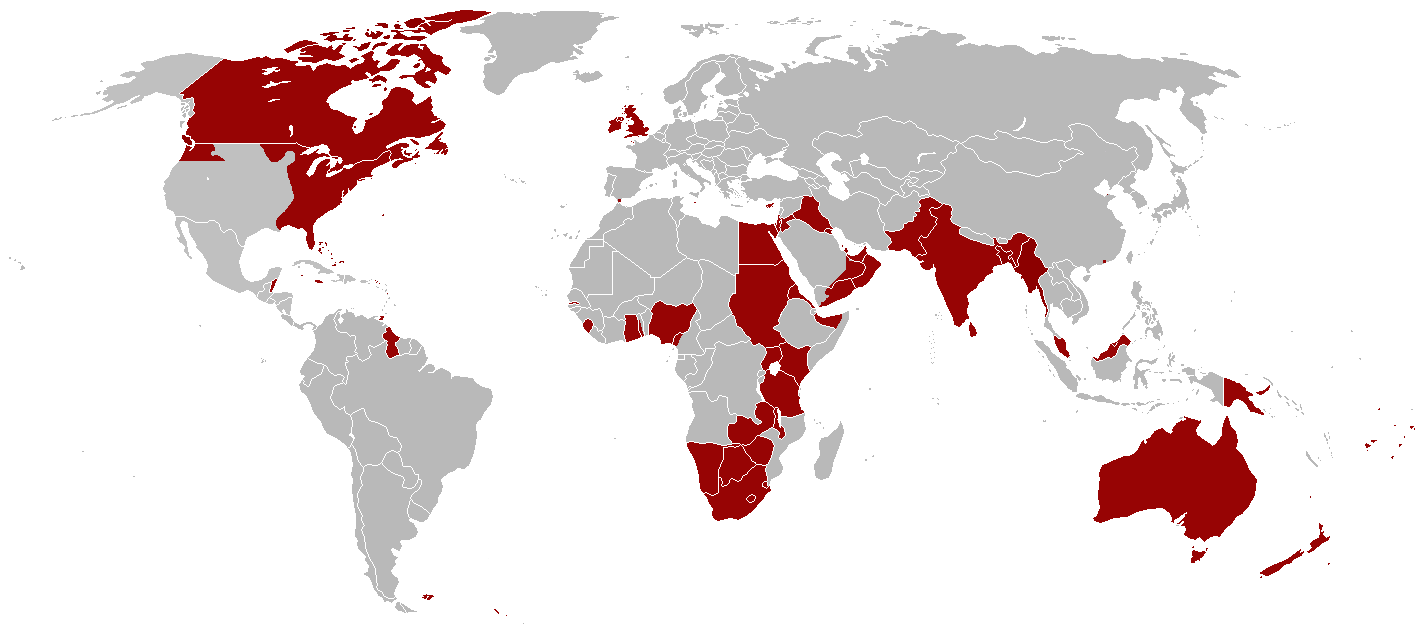Modern World History: Nations and empires

The Industrial Revolution took place within the British Empire and in turn led to the empire's expansion. Colonies provided Britain with markets and access to resources, and also enhanced British power and prestige. Under the long rein of Queen Victoria (1837-1901), the British Empire expanded in Africa, Asia, and Australia. By 1910, one quarter of the earth's land mass was British.
Germany's unification in 1871 resulted in an outburst of national pride and rapid industrial growth. Like Britain, Germany sought the wealth, power, and prestige of empire by building a navy, enlarging its army, and creating colonies in Africa and Asia. Other countries, including France, Italy, and Belgium, played the imperial game as well.
This unit examines the expansion of Europe's empires in Africa and Asia, together with the many resulting conflicts. It concludes by looking at the land-based, conservative empires of Austria, Russia, and the Ottoman Empire, where internal conflicts and the stresses of rapid change contributed to the outbreak of the First World War in 1914.
Germany's unification in 1871 resulted in an outburst of national pride and rapid industrial growth. Like Britain, Germany sought the wealth, power, and prestige of empire by building a navy, enlarging its army, and creating colonies in Africa and Asia. Other countries, including France, Italy, and Belgium, played the imperial game as well.
This unit examines the expansion of Europe's empires in Africa and Asia, together with the many resulting conflicts. It concludes by looking at the land-based, conservative empires of Austria, Russia, and the Ottoman Empire, where internal conflicts and the stresses of rapid change contributed to the outbreak of the First World War in 1914.